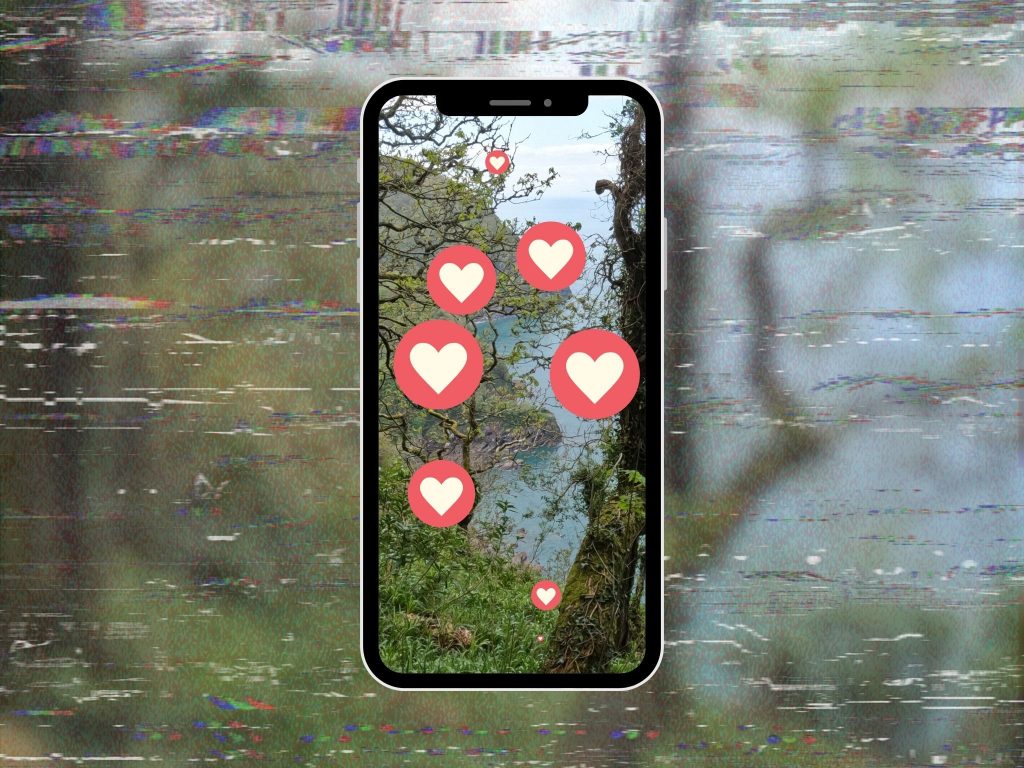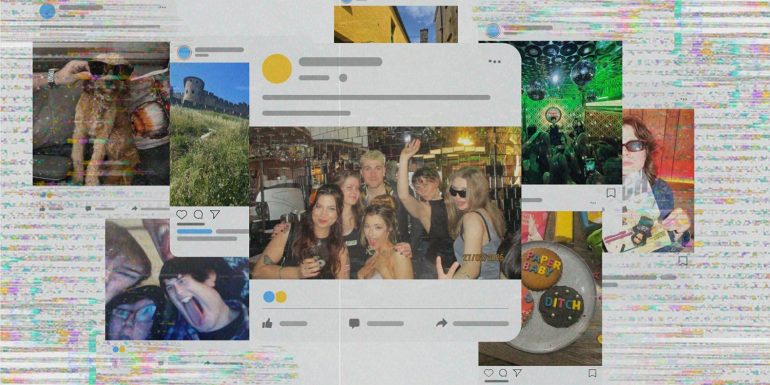The way we showcase our experiences online can shape and distort our memories, blurring the line between reality and perception
Memory isn’t a perfect playback of the past. It’s more like a glitchy, over-edited highlight reel. Every time we remember something, we’re not just replaying it but rewriting it. Neuroscientists say recalling a memory strengthens its neural pathways but also distorts it. So, that thing you swear happened exactly as you remember? Yeah… probably not.
Now, throw social media into the mix. Seeing an old Instagram post can solidify some details while completely erasing others. Ever scrolled through a five-year-old photo and thought, “Wow, I remember that day so clearly”? Meanwhile, last week’s events are already slipping through the cracks. That’s because social media isn’t just documenting our memories. It’s shaping them.

The digital filter
There’s this weird tension between actual experiences and the versions we post online. Have you ever had a moment where you didn’t take a photo and thought, “Did that even happen?”
Psychologist David Ludden at Georgia Gwinnett College in the US points out that social media takes it even further – every time you see someone else’s version of an event, your own memory of it shifts. So even the things we think we remember might be an algorithm-tweaked remix of reality.
The ‘Mandela effect’ is a similar distortion of reality, where masses of people share the same false memory – like thinking Nelson Mandela died in prison (he didn’t) or that the Monopoly guy wears a monocle (he doesn’t). Social media fuels these memory glitches, spreading and reinforcing false narratives at lightning speed. Ludden, who wrote about the Mandela effect in Psychology Today, explains that viral content and repetition can trick our brains into storing fiction as fact.
Selective editing
When you post about a trip or a night out, are you showing the whole, messy reality or just the carefully curated best bits? No judgement. We all do it. But the problem is, when we look back, we’re not remembering the actual experience. We’re remembering the filtered version we put out for others.
And some people are rejecting that false reality. Hannah Rollason is just one of many ditching social media. The 30-year-old mum of two decided to step back from sharing her life online four years ago. “Last year, I didn’t even post for my kids’ birthdays,” she says. “It was a conscious choice to stop altogether.”
Some of the best memories are the ones we keep to ourselves
Without the pressure of likes and comments, she lives in the moment instead of performing for social media. Now, she journals more, shares photos privately, and just enjoys things for what they are.
“I’m way more present now,” she says. “I don’t stop mid-moment to check my phone.”
Hannah has found that stepping away from social media doesn’t mean losing memories. It just means experiencing them differently. The truth is, she said, we don’t need a digital trail of every moment to remember it. Some of the best memories are the ones we keep to ourselves.
Social media lets us revisit happy moments but also distorts them, edits them and even replaces them. So, while there’s nothing wrong with uploading a few photos to your feed, it’s worth remembering that the most vivid memories aren’t always the ones captured for content.

